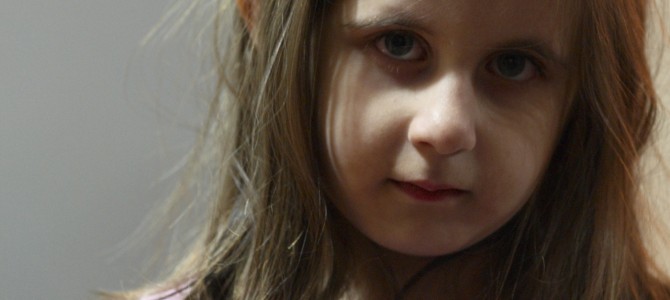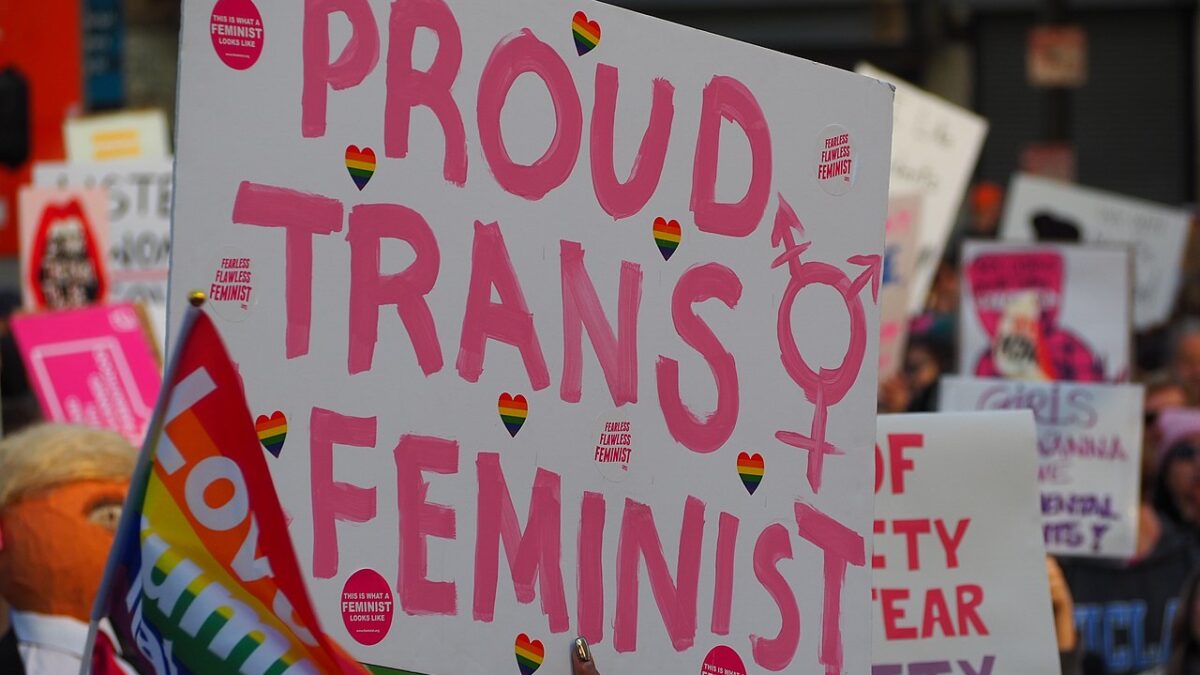
In 1999, my children’s world crumbled. After 11 years of marriage, my husband and I divorced. The security my children had always known disappeared—their childhood marred, and their teenaged years scarred with wounds that reopen at every holiday, every sports banquet, every graduation.
The guilt is a burden I have lived with for years. I’m reminded of it every day as I look into my children’s eyes and see a hardness and pain that I never had as a child. I lived carefree in the comfort of my parents’ love. This is a gift I never gave my children. Instead, I showered them with the curses of a divorced life, the mixed loyalties of remarriage, and the travails of a blended family that never really blends.
So when I opened the pages of Scientific American and read an article titled, “Is Divorce Bad for Children?—The breakup may be painful, but most kids adjust well over time,” I couldn’t help but instinctively grasp for relief from my guilt—guilt that is particularly poignant for a conservative who knows full well that one of the great plagues on our nation is the decline of the family.
From the Scientific American:
Parents who split have reasons for hope. Researchers have found that only a relatively small percentage of children experience serious problems in the wake of divorceor, later, as adults. In this column, we discuss these findings as well as factors that may protect children from the potentially harmful effects of divorce.
Divorce affects most children in the short run, but research suggests that kids recover rapidly after the initial blow. In a 2002 study psychologist E. Mavis Hetherington of the University of Virginia and her then graduate student Anne Mitchell Elmore found that many children experience short-term negative effects fromdivorce, especially anxiety, anger, shock and disbelief. These reactions typically diminish or disappear by the end of the second year. Only a minority of kids suffer longer.
Most children of divorce also do well in the longer term. In a quantitative review of the literature in 2001, sociologist Paul R. Amato, then at Pennsylvania State University, examined the possible effects on children several years after a divorce. The studies compared children of married parents with those who experienceddivorce at different ages. The investigators followed these kids into later childhood, adolescence or the teenage years, assessing their academic achievement, emotional and behavior problems, delinquency, self-concept and social relationships. On average, the studies found only very small differences on all these measures between children of divorced parents and those from intact families, suggesting that the vast majority of children endure divorce well.
I have to admit that after reading the article, I didn’t feel any hope. That’s because I didn’t believe it. No matter what Scientific American says, I knew that divorce is bad for children. I knew it because I’ve seen it, I’ve lived it.
I was never one who could deny the anxiety and heartache that plagued my children as I pulled up to their father’s house or met him at the local McDonald’s for the transfer of the children as if we were trading goods at the market. I remember too well phone calls in the middle of the night from my daughter telling me her stomach ached and she wanted to come home but that she didn’t want to hurt daddy’s feelings. Or when I’d hear her whispering on the phone in her bedroom at my house talking to her dad so I wouldn’t hear (even though I didn’t mind).
I remember my son’s anger, the shaking of his normally gentle voice, when I told him I was getting remarried. Or the tears in his eyes when after one of his soccer games, he told me he wanted to go get pizza with his dad and not me but that he didn’t want to upset me. I can still feel the coldness of my daughter when she said she didn’t care anymore who came to her musicals— she was tired of worrying about whether her dad and I might end up sitting too close to each other. At that moment, I longed for the tears I once hated to return to my daughter’s cheeks and wash away the bitter cold.
I could go on and on: the anger, the outbursts, the fear, the once generous love a child has for his parents that has turned inward to protect and guard itself like a wounded animal. These are the realities of divorce that articles like the one in Scientific American fail to consider.
To say there’s hope because of a few statistics is meaningless. To say kids get over it is shallow at best. Yes, they learn to cope, they grow up, they have good times in the midst of the bad, but they’re scarred, and they’ve been scarred by those who were supposed to protect them. How sadly ironic that the mother (or the father) who protects her children from so many dangers—be careful climbing that tree, don’t swim too far beyond the waves, watch out for cars when you’re riding your bike, be careful, be safe!—how ironic that she has inflicted more pain on her children than any childhood tumble ever could.
Maybe it’s just me. Maybe I’m just too Irish and prone to guilt anyway. Maybe the article is right. Maybe kids don’t suffer so much. But I just don’t see it because I know the truth, at least in my own life.
Divorce is bad for children. It’s a pain that never ends. It can’t be fixed. Like death, it can’t be undone. It can only be forgiven. The denial mentality of superficial studies will not lift my spirits or give me hope; it will not heal my children’s wounds; it will not fix what is forever broken. That power belongs to Grace alone.
D.C. is a journalist who lives in Charlotte, NC. This post originally appeared at Ricochet.









